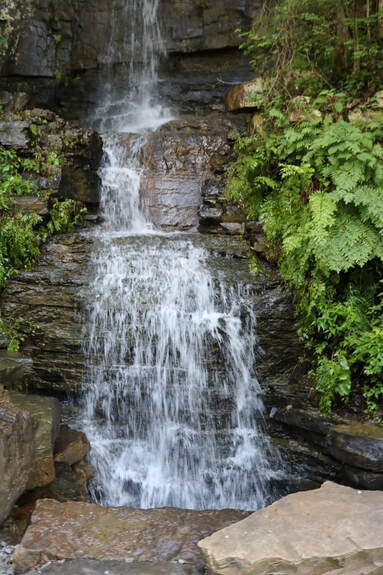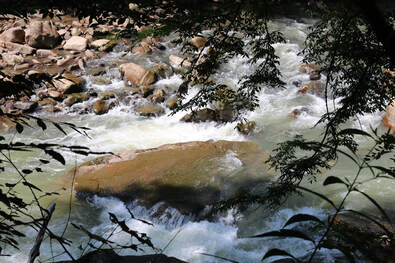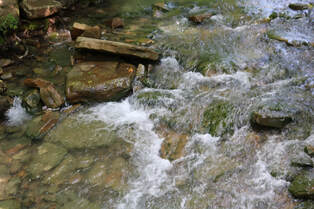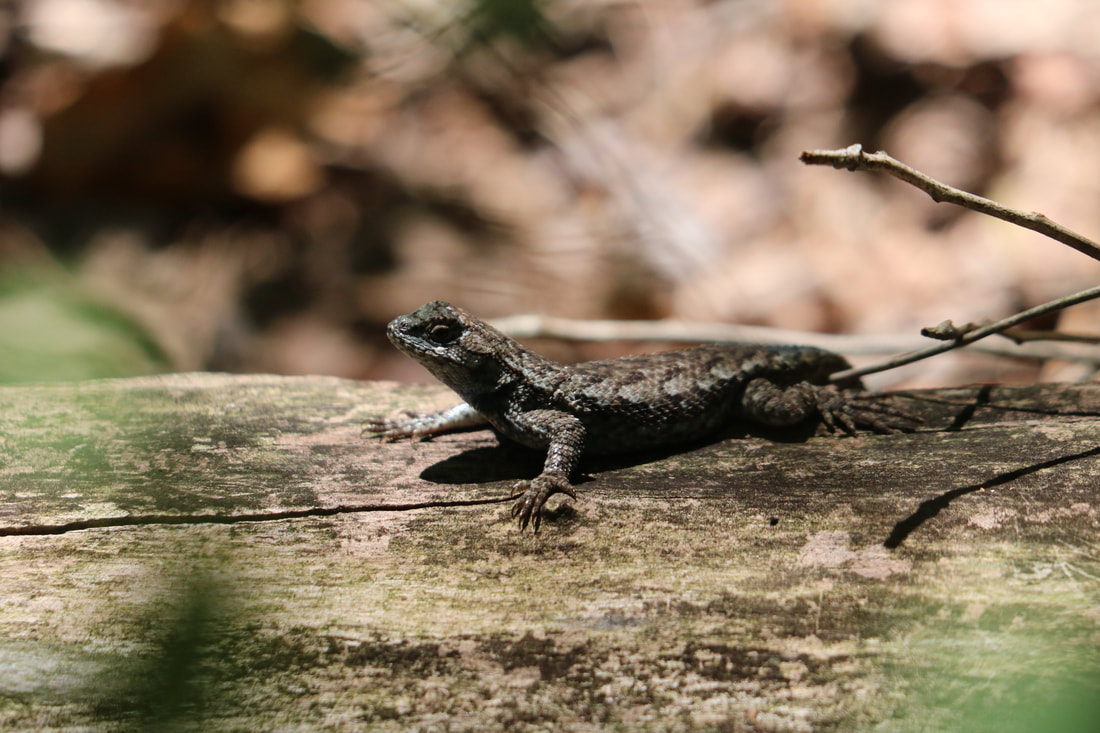
With the reorganization of the Chattanooga Chapter, Tennessee Ornithological Society, I have resumed editing their newsletter. I will also be editing the newsletter of the Chattanooga Writer’s guild this year, so I will publish Rayz Reviewz on a less frequent schedule.
Travels Close to Home
Conflicts between parks and native people are prevalent throughout the world, and our American public lands are no exception. If you want to explore this topic through reading, the following links offer three views of the subject. Reading these articles is a beginning.
Barry Lopez has spent many years in remote parts of the world traveling with indigenous people and with scientists conducting research projects. His books cover the natural world from the Arctic to Australia’s Outback. Some of what he has learned from indigenous people is related in his essay, “The Invitation,” as published in the literary magazine Granta.
For a more detailed look at his world view and his way of learning, read his National Book Award winning volume, Arctic Dreams. He says that Arctic explorers from Europe would have increased their chances of survival if they had been willing to learn from indigenous people.
Robin Wall Kimmerer is a member of the Citizen Potawatomi tribe, concerned about the disappearance of her native language. She is learning the language and states in her book, Braiding Sweetgrass that only about a dozen fluent speakers remain.
In Kimmerer’s essay, “Speaking of Nature” she points out that native languages shape a world view and that our manner of speaking about nature influences our perceptions and attitudes.
When the US government created Yosemite National Park, several tribes of Native Americans were evicted from the Yosemite Valley. Native American authors collaborated on the essay “We are still here, John Muir is Not.”

Do you miss the days of live performance, which are all but gone right now? If just writing a poem or story is not enough, you might want to investigate the online opportunities.
The Chattanooga Writer’s Guild offers regular online open mic opportunities through their Facebook Page. They also provide interviews with accomplished writers. You can view the most recent interview on their YouTube Channel.
The Plug Poetry Project, founded and managed by Christian Collier, offers an open mic with Zoom meetings through a Facebook page. The Plug Poetry Project is also a documentary series. Each segment includes two accomplished poets in conversation about their craft.
On a national level, the literary magazine Rattle Poetry offers poets a weekly opportunity to respond to current events. The winning poets present their work online through Poets Respond. Subscribe to their YouTube Channel for information on their weekly Rattlecast program and Critique of the Week. Visit their website to participate in the monthly Ekphrastic challenge.
The five paragraph nature essays I now present at the end of each issue are modelled on Brian Doyle’s essay and instructions presented in “The Greatest Nature Essay Ever.” If you want to try this form, read his brief essay at Orion magazine online.

From my youngest days, we lived in a land of plenty, a land I remember as a paradise on earth. The house was old but was situated on a one-acre lot, with ample room for a garden and an orchard. When fall came we had beans, corn, potatoes, and squash. Our fresh okra went into chicken gumbo soup, always homemade. Our pumpkins made fine jack-o-lanterns and pies and there were always apples to preserve for the apple pies of winter. Trips to town were reserved for meat, milk, flour, and other staples but the garden and the orchard sustained our needs for fruit and vegetables.
The fumes of an oil refinery assaulted our nostrils when we drove into Canton, Ohio, the nearest city. Tanks filled with raw materials that would become diesel oil, gasoline, kerosene, and other products of commerce surrounded a tower. Components of the crude oil, not usable for manufacturing, were ignited at the top of this tower. My dad once referred to the flame as the Statue of Liberty. This phrase quickly caught on with my friends when repeated. I later heard that a cousin whose family lived near the refinery was sickly until a doctor advised his mother to move elsewhere for the child’s health.
Within a mile of the house and garden, a small and never reclaimed strip-mine had bloomed on the landscape. We were told never to go there alone, but one day my dad took me walking on the gutted land. He hunted small game in the wooded areas nearby. This walk was a scouting trip to see if the strip mine would yield productive hunting that year. We saw an old house, just a board framework by this time, which he strictly warned me to never enter in the case that I “accidentally” passed nearby. He said that it was unsound, and likely a habitat for snakes.
On the cusp of my teenage years, I began picking the blackberries from canes filling the vacant land that surrounded the strip mine. On occasion, my friends and I caught a few snakes which we carried home in a pillowcase. Our mothers sent us packing to turn them loose elsewhere. They were much more appreciative when we brought home blackberries, which ended up in cobblers and pies. If you have the misfortune to have never experienced a blackberry cobbler, search for a picture on the world wide web. The picture won’t do justice to my mother’s cobbler. My mouth waters as a write about them.
Remembering those days, I am caught between the beauty of the garden and the industrial wasteland of the refinery and the mine. My environmentalism is genuinely fueled by the twin engines of delight and despair. The strip mine and the refinery helped to shape my personality, but I think of the garden when I think of home.
Heaven with constant harp music and streets paved with gold has never been much of an enticement for me, but I once heard an old preacher give a more convincing speech. He told of the man on the cross who asked Jesus to remember him and received an answer. “This day you shall be with me in Paradise.” The old preacher said,” Now don’t confuse that with heaven. Paradise literally means The Kings Garden.” That was all the convincing I needed. Here was a place I could love and hope for. If I ever make it to The Kings Garden, that will be all the heaven I need.

 RSS Feed
RSS Feed